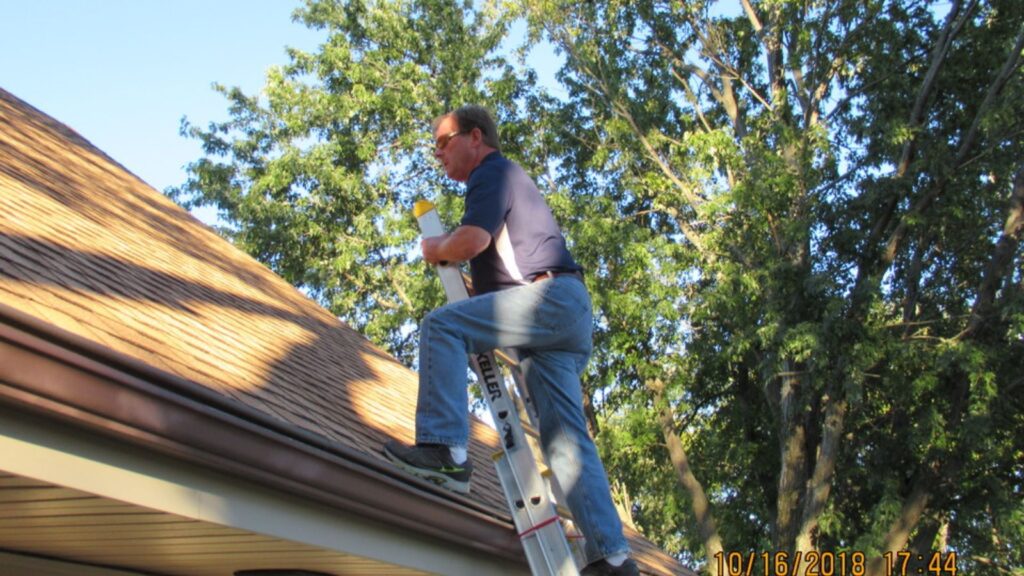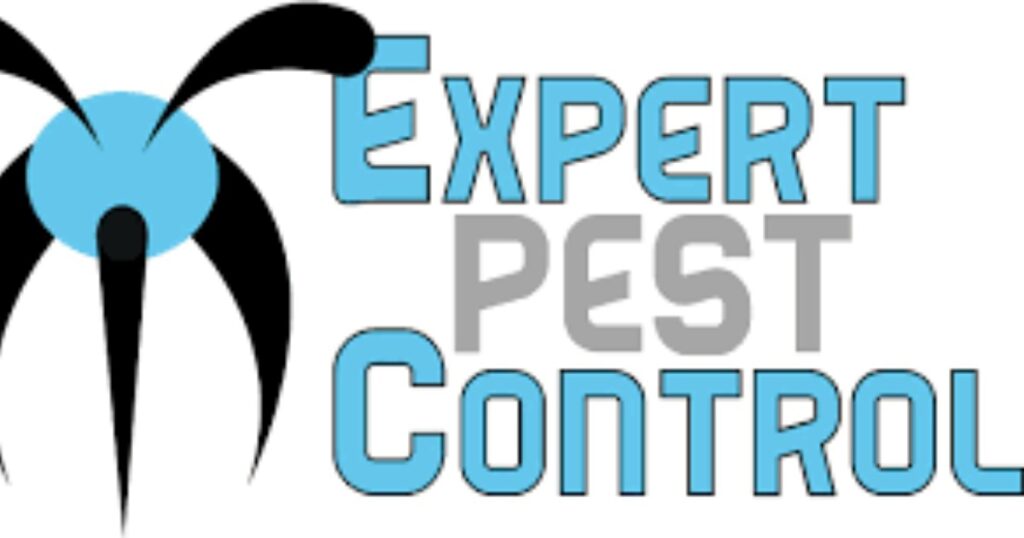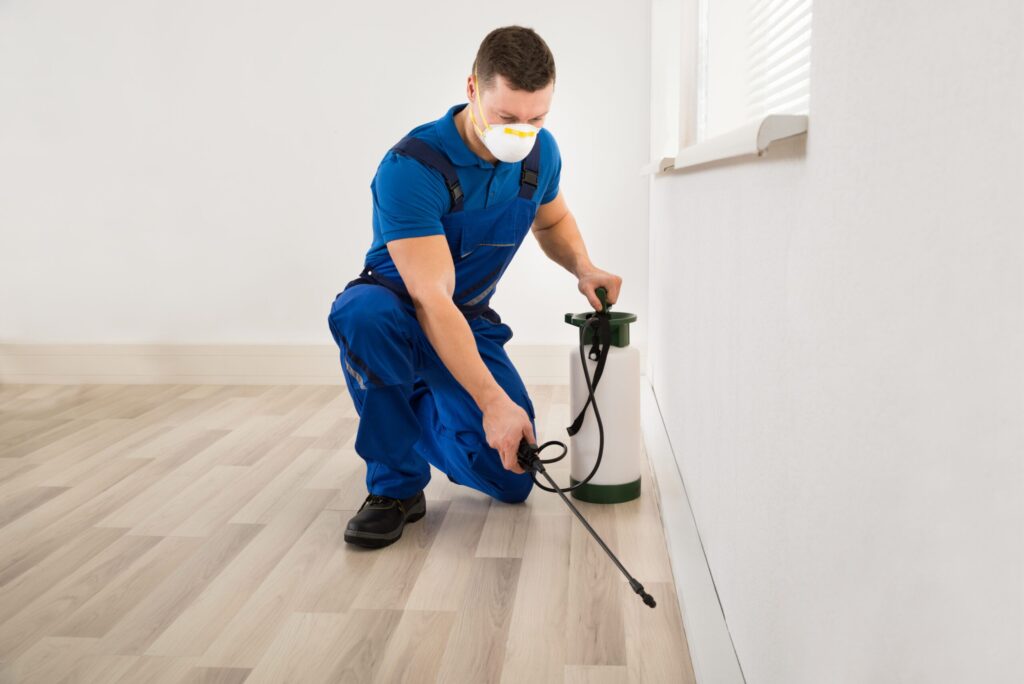Dealing with pests in your home is never fun. From ants in the kitchen to mice chewing on insulation, pests can turn your cozy home into a real headache. It’s easy to get frustrated, but finding the right solution is key. Expert pest control is more than just spraying chemicals. It’s about protecting your home the right way, making sure everything is safe for you and your family.
In this post, we will look at the top methods for expert pest control solutions to protect your American home. I will guide you through different approaches and share some tips on how to keep pests away for good.

Inspecting Your Home Regularly
The first step to good pest control is checking your home often. Many people don’t realize how important this is. A careful inspection helps you find out where pests are coming in or hiding. Walk around your home and look for cracks, gaps in doors or windows, and small holes in the roof. These are all places where pests can enter.
It’s also a good idea to check places like basements, attics, and behind large appliances. Pests like dark, quiet places. Make sure to inspect regularly — maybe every few months — to catch problems early before they turn into big infestations.
- Expert Tip: Professional pest control experts use moisture meters and infrared cameras to find hidden pest activity. Hiring an expert for an annual inspection can be very helpful.
Sealing Entry Points
After inspecting, the next step is sealing entry points. Even the smallest crack can let pests like ants, roaches, or mice into your home. Start with your doors and windows. Use caulk to fill any gaps around the frames. Adding weatherstripping also helps keep both pests and drafts out.
If you find bigger gaps, like those around pipes or cables, use steel wool to block them. Rodents don’t like chewing through steel wool. Sealing entry points is an easy but very effective way to keep pests out before they can get in.
- Stat: Studies show that sealing gaps can cut down pest infestations by up to 65%. A little prevention goes a long way in keeping your home safe.
Maintaining Cleanliness
One of the most important parts of expert pest control is keeping your home clean. Pests are easily attracted to food, water, and shelter. If your home is clean, pests are less likely to find what they need. Sweep and mop floors often to pick up crumbs or spills. Wipe down countertops and alwys store food in sealed containers.
Don’t forget about pet food. Leaving pet food out overnight can attract rodents and ants. Also, take out the trash regularly, and clean the bin once in a while, as small residues can attract pests too.
- Expert Tip: Many pests, like cockroaches, love grease. Be sure to clean your stove and the area around it often. Grease can be a major pest attractor.
Using Proper Waste Management
Proper waste management is also key. Pests like rodents and raccoons are often drawn to garbage. Make sure your trash bins are tightly sealed. Outdoor bins should have lids that close properly and should be kept away from your home.
Composting is good for the environment, but it can attract pests if not done correctly. Keep your compost covered and turn it regularly to stop pests from nesting in it.
- Stat: About 30% of pest problems in suburban areas are linked to poor waste management. Keeping garbage sealed and away from the house can make a big difference.
Expert Pest Control Treatments
Sometimes, even with the best prevention, pests can get inside. This is when expert pest control treatments are needed. Professional pest control companies have access to stronger products and equipment that work much better than store-bought sprays.
There are many types of treatments like baiting, spraying, and fumigation. Baiting works well for ants and roaches. Sprays are effective for general pests, while fumigation is used for serious infestations, like termites. The key is to use the right treatment for the right pest. This is where professional expertise really helps.
- Expert Tip: Always ask your pest control company about the safety of their treatments, especially if you have children or pets. Many companies now offer eco-friendly options that are safer for the environment.
Installing Barriers for Protection
Installing physical barriers is also a very effective pest control method. For example, putting screens on windows and doors keeps insects out but lets fresh air in. For rodents, placing mesh barriers at the base of your home and around vents can stop them from getting inside.
If termites are a problem in your area, think about a termite barrier. This could be a physical barrier during construction or a chemical barrier added to the soil around your house. These barriers create a defense line that pests can’t cross.
- Case Study: A home in Florida prevented a termite infestation by installing a chemical barrier around the foundation, reducing damage by 80%.
Maintaining Your Yard
Expert pest control isn’t just about the inside of your house — it’s also about your yard. Your yard can either attract pests or keep them away. Keep your lawn trimmed because tall grass is perfect for pests like ticks and mosquitoes. Remove standing water to stop mosquitoes from breeding. Stagnant water is one of the main causes of mosquito problems.
Trim tree branches that touch your house, as these can act as “bridges” for pests like ants and rodents. Also, store firewood away from the house. Firewood can attract termites, and if it’s too close to the house, those pests can easily move indoors.
Natural Remedies for Pest Control
If you like natural options, there are plenty of expert pest control methods that don’t use chemicals. Peppermint oil is great for keeping spiders away. You can mix peppermint oil with water and spray it around doors and windows.
Another natural remedy is diatomaceous earth. It’s a powder made from tiny fossilized algae and can be sprinkled around entry points to keep pests like ants, roaches, and bed bugs away. It’s non-toxic to humans but deadly to insects because it damages their shells.
- Stat: Natural remedies can cut down pest activity by 30-50% when used with other preventive steps.
Professional Monitoring Services
For long-term pest control, professional monitoring services can be very helpful. These services involve regular check-ins to keep your home pest-free. Many pest control companies offer ongoing services where they come every few months to inspect and treat if needed.
This proactive approach can prevent small pest problems from becoming big infestations. It also gives you peace of mind, knowing an expert is looking out for your home.
- Stat: Homes with professional pest monitoring have a 45% lower risk of severe infestations compared to homes without monitoring.
Educating Yourself and Your Family
Lastly, educating yourself and your family about pests and prevention is one of the best ways to control pests. Knowing what attracts pests and how to keep them away helps everyone do their part in keeping the home pest-free.
Teach kids not to leave food out, explain why the trash needs to be taken out often, and show them how to look for pests. When everyone in the family knows how to prevent pests, expert pest control becomes much easier.
Conclusion
Expert pest control solutions involve a mix of prevention, treatment, and ongoing management. Protecting your American home from pests means being proactive — from inspecting and sealing entry points to keeping the home clean and using professional services when needed.
Whether it’s expert treatments, natural remedies, or simply keeping things clean, there are many ways to keep pests away. The goal is not just to deal with pests when they appear but to stop them from coming in the first place. By following these methods, you can enjoy a safer, cleaner, and more comfortable home.
If you’re struggling with pests, consider contacting an expert pest control company. They have the tools, knowledge, and experience to protect your home. A little professional help can go a long way in keeping your space pest-free.


